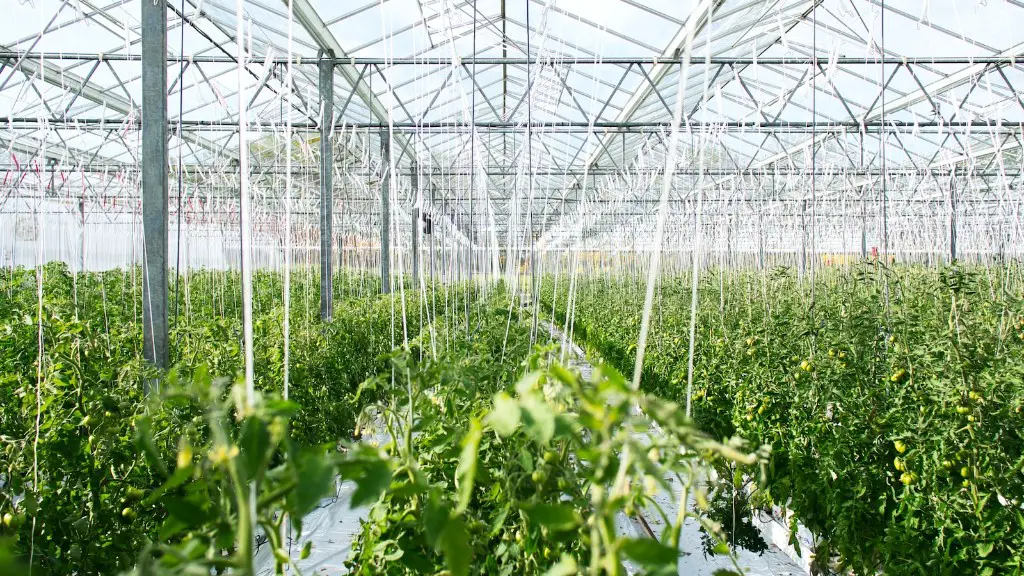Agriculture is a vast field that offers a range of career possibilities. It involves the management and cultivation of plants, animals, and fungi for food, fiber, biofuel, and other products used to sustain and enhance human life. Studying agriculture means exploration of a variety of topics including biology, ecology, food science, marketing, and management. So, what exactly do you study in agriculture?
Agricultural science is often broken down into five primary branches. First, Plant Science focuses on learning about and managing plants and their environments. This includes learning about plant physiology, agrochemicals, genetics, soil fertility, and pest management. Next, Animal Science deals with understanding animal physiology, genetics, nutrition, behavior, and reproduction to improve productivity and well-being. Third, Soil Science focuses on understanding soil properties, resource conservation, and soil remediation. Fourth, Agricultural Economics is a cornerstone of agriculture, requiring knowledge of economics, finance, and marketing. Finally, Agricultural Engineering focuses on the design and operation of structures, systems, and equipment for agricultural production. All of these topics and more fall under the scope of a career in agriculture.
Agriculture also encompasses a broad range of related fields. Horticulture is the science of plant cultivation for aesthetic and productivity purposes. Natural Resources Management focuses on the conservation and management of resources such as air, water, soil, plants, animals, and minerals. Farm Business Management requires knowledge of business operations and management strategies. Lastly, Agribusiness Management is concerned with the business aspects of agriculture, such as marketing and management.
Studying agriculture also involves hands-on learning. Research projects, internships, field trips, and volunteer opportunities are just a few ways to gain valuable experience in the field. Learning how to use the latest technologies on the farm is especially important, as the industry is becoming increasingly high-tech. Students can also gain experience in laboratory settings, such as examining plant and animal specimens, conducting agricultural experiments, and developing new hybrid seeds.
Agriculture is a complex and multi-faceted field that offers a range of career possibilities. Those who study agriculture can learn a wide range of topics, from agricultural science to horticulture to farm business management. Additionally, the field offers opportunities for hands-on learning through research projects, internships, and field trips. With all that it encompasses, studying agriculture can be an incredibly rewarding experience.
Agricultural Science
Agricultural science is the basis of a career in agriculture and encompasses a range of topics such as plant physiology, soils, genetics, agrochemicals, and pest management. Plant Science focuses on the study of plants and their environments, while Animal Science deals with understanding animal physiology, nutrition, genetics, and behavior. Soil Science centers on the properties and conservation of soil resources, and Agricultural Economics exploring the financial and marketing aspects of the field. Agricultural Engineering as the final branch involves the design and operation of structures, systems, and equipment.
Horticulture
The science of plant cultivation for aesthetic and productivity purposes istypically referred to as horticulture. Gardens, parks, and public spaces contain a variety of plants that must be carefully managed and maintained. Horticulturalists learn the secrets of growing and caring for plants, while also getting hands-on experience with propagation and pruning techniques. Greenhouse and nursery operations are a major part of this field, which is often combined with plant science, soils, and agrochemicals.
Natural Resources Management
Natural resources management focuses on conservation and management of resources such as air, water, soil, plants, animals, and minerals. Land stewardship and conservation are at the center of this field, with intensive research identifying emerging problems and devising solutions. Watershed management, grazing plans, and air quality monitoring are all components of this specialized field of study, in addition to legal and policy considerations. As the environment and its resources become increasingly important, natural resources management is more vital than ever.
Farm Business Management
Farm business management is an essential part of a career in agriculture. This field draws from a variety of topics such as economics, finance, and marketing. Students also learn the fundamentals of record keeping, financial management, and production planning. Having an understanding of the business operations of a farm is essential to running operations, such as finance, marketing, and personnel needs. Additionally, farm business management is necessary for the long-term success of any agricultural business.
Agribusiness Management
Agribusiness Management involves having a business-minded approach to understanding and managing agriculture. Knowledge of the agricultural industry, including policies, prices, and production systems, is necessary. Equally important is the understanding of how a range of players, from farmers to processors, all fit into the agriculture industry. Agribusiness management also requires an understanding of the dynamics between markets and governments to ensure efficient operations and profitability.


